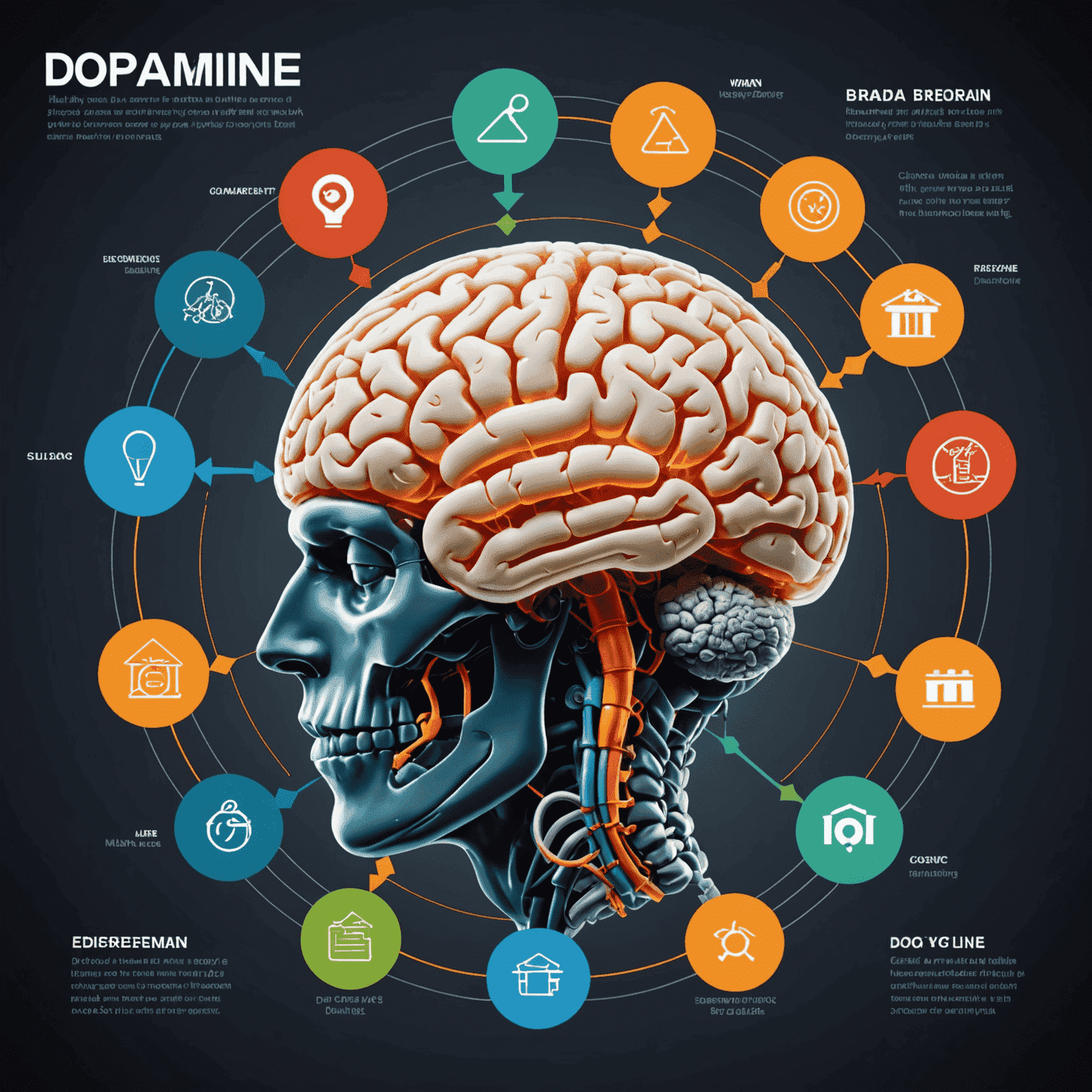In the realm of interactive systems and digital behavior, game design stands as a pinnacle of user engagement and behavioral design. The psychology behind game mechanics is a fascinating interplay of reward systems, feedback loops, and cognitive patterns that shape player experiences and drive retention.
The Power of Feedback Loops
One of the core principles in game interaction is the implementation of robust feedback loops. These psychological triggers create a sense of progress and accomplishment, tapping into the player's intrinsic motivation. By carefully crafting these loops, designers can influence decision-making in games and create compelling digital experiences.
Reward Mechanics and Dopamine
The strategic use of reward mechanics is central to maintaining player engagement. By triggering dopamine release through well-timed rewards, games can create powerful habit formation patterns. This aspect of design psychology plays a crucial role in player retention and overall satisfaction with the gaming experience.

Attention Cycles and Flow State
Understanding and manipulating attention cycles is another crucial aspect of game design. By creating a balance between challenge and skill, designers can induce a flow state – a psychological condition of optimal experience. This state is characterized by deep focus, loss of self-consciousness, and a distorted sense of time, all of which contribute to a highly engaging gaming session.
The Ethics of Engagement
As we delve deeper into the psychology of game design, it's crucial to consider the ethical implications of these powerful engagement strategies. While the goal is to create compelling experiences, designers must be mindful of the fine line between engagement and addiction. Responsible design takes into account the well-being of players and aims to create positive, balanced experiences.
In conclusion, the psychology of game design is a multifaceted field that combines elements of behavioral science, cognitive psychology, and digital experience design. By understanding and ethically applying these principles, game designers can create immersive, enjoyable, and meaningful experiences that resonate with players on a deep psychological level.
